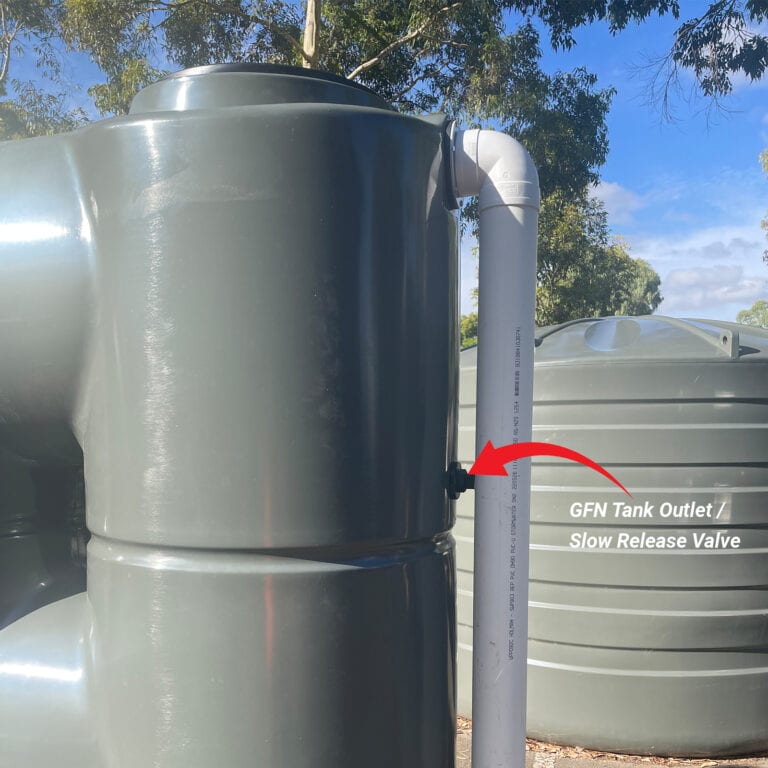High-grade Slimline Water Tanks: Reliable and Space-Efficient Solutions
High-grade Slimline Water Tanks: Reliable and Space-Efficient Solutions
Blog Article
Discover the Importance of Rainwater Tanks for Sustainable Water Conservation Efforts
In the world of sustainable water preservation, the application of rain tanks stands as a crucial practice that benefits closer assessment. The importance of rainwater containers goes beyond plain storage space; it symbolizes a proactive technique towards environmental stewardship and source management. By checking out the diverse advantages of rain harvesting, a profound understanding of its prospective influence on water conservation initiatives arises. With a lens of practicality, environmental consciousness, and common well-being, the assimilation of rainwater storage tanks unveils a tapestry of interconnected benefits that expand far past the surface area.
Advantages of Rain Storage Tanks
Utilizing rainwater storage tanks uses a useful solution for lasting water management by utilizing nature's resources efficiently. Rain tanks gather and keep rain that drops on roofs, which can then be utilized for different non-potable objectives, such as watering, washing garments, flushing toilets, and even for some potable usages with proper therapy. Among the vital benefits of rain containers is the reduction of need on keys water, specifically during completely dry periods or droughts.
Environmental Effect of Rainwater Harvesting
Rain collecting via the usage of tanks presents a lasting water monitoring practice with positive ecological implications. By recording rainwater, this approach aids decrease the need for keys water supply, therefore relieving the concern on water therapy plants and decreasing power usage associated with water distribution.
Additionally, rainwater harvesting advertises water conservation and reduces dependence on finite water sources. In general, the environmental impact of rain harvesting underscores its significance in progressing lasting water administration practices.
Rain Containers for Residential Usage
Having highlighted the environmental advantages of rainwater harvesting, the focus now moves to the functional application of rainwater containers for household water conservation (Slimline water tanks). Rain tanks play a vital duty in domestic water management by catching and keeping rain that drops on the roofing of a home. These tanks can vary in size and product, supplying house owners versatility in picking a system that fits their demands
One of the primary advantages of making use of rain tanks in residential setups is the reduction in dependence on mains supply of water. By collecting rain for non-potable uses such as watering yards, cleaning autos, flushing toilets, and doing washing, houses can substantially lower their total water usage and energy costs. Furthermore, rain is usually devoid of the chemicals found in cured water, making it a more effective choice for sure family jobs.
Furthermore, rain harvesting systems can help reduce city flooding and erosion by lowering stormwater runoff. By recording rain in storage tanks, less water moves right into tornado drains, lowering the pressure on local drain systems throughout hefty rainfall. In general, incorporating rainwater containers into houses adds to sustainable water conservation efforts and advertises self-sufficiency in water administration.

Financial Advantages of Making Use Of Rain Tanks
The financial benefits connected with the application of rain tanks in property and commercial settings are considerable and multifaceted. One of the key economic benefits of making use of rainwater tanks is the decrease in water costs. By gathering and saving rainwater for various non-potable uses such as watering, toilet flushing, and washing, building owners can dramatically decrease their reliance on keys supply of water, resulting in considerable price review financial savings with time.
Additionally, the installation of rain containers can boost home worth. In today's ecologically conscious market, buildings geared up with sustainable features like rainwater harvesting systems are commonly more appealing to potential customers, commanding higher market price and faster sale times.
In addition, rainwater storage tanks can help organizations and property owners alleviate the effect of water limitations and fluctuating water costs. By having an extra water resource throughout dry spells or durations of raised water prices, people and organizations can better handle their water-related expenses here and keep operational continuity. On the whole, the economic benefits of utilizing rainwater storage tanks make them a smart investment for long-term cost savings and sustainability.
Area Sustainability Via Rain Collection
Considering the more comprehensive influence beyond private benefits, the assimilation of rain collection systems in neighborhoods plays a critical function in cultivating ecological sustainability and resource monitoring. Area sustainability with rain collection initiatives not just help in reducing the stress on local water resources but additionally aids in mitigating the impacts of urbanization on regional water supply. By setting up rainwater tanks in public structures, parks, and communal areas, areas can reduce their reliance on central water resources, resulting in an extra resistant water throughout droughts or emergency situations.
Moreover, community-level rainwater harvesting cultivates a sense of cumulative duty towards why not check here water preservation. Ultimately, area sustainability via rain collection not only profits the present generation however additionally guarantees a much more lasting future for generations to come.

Conclusion

Report this page